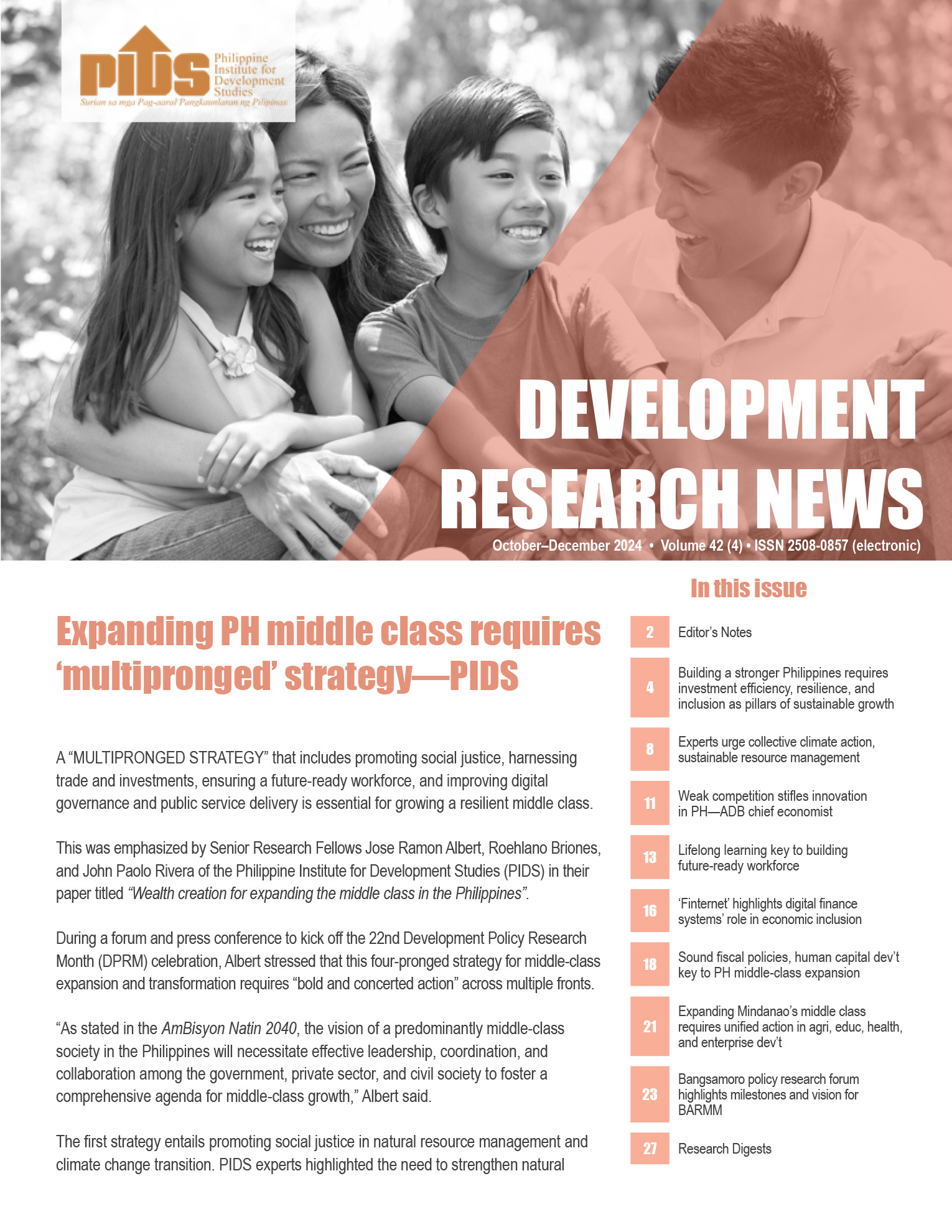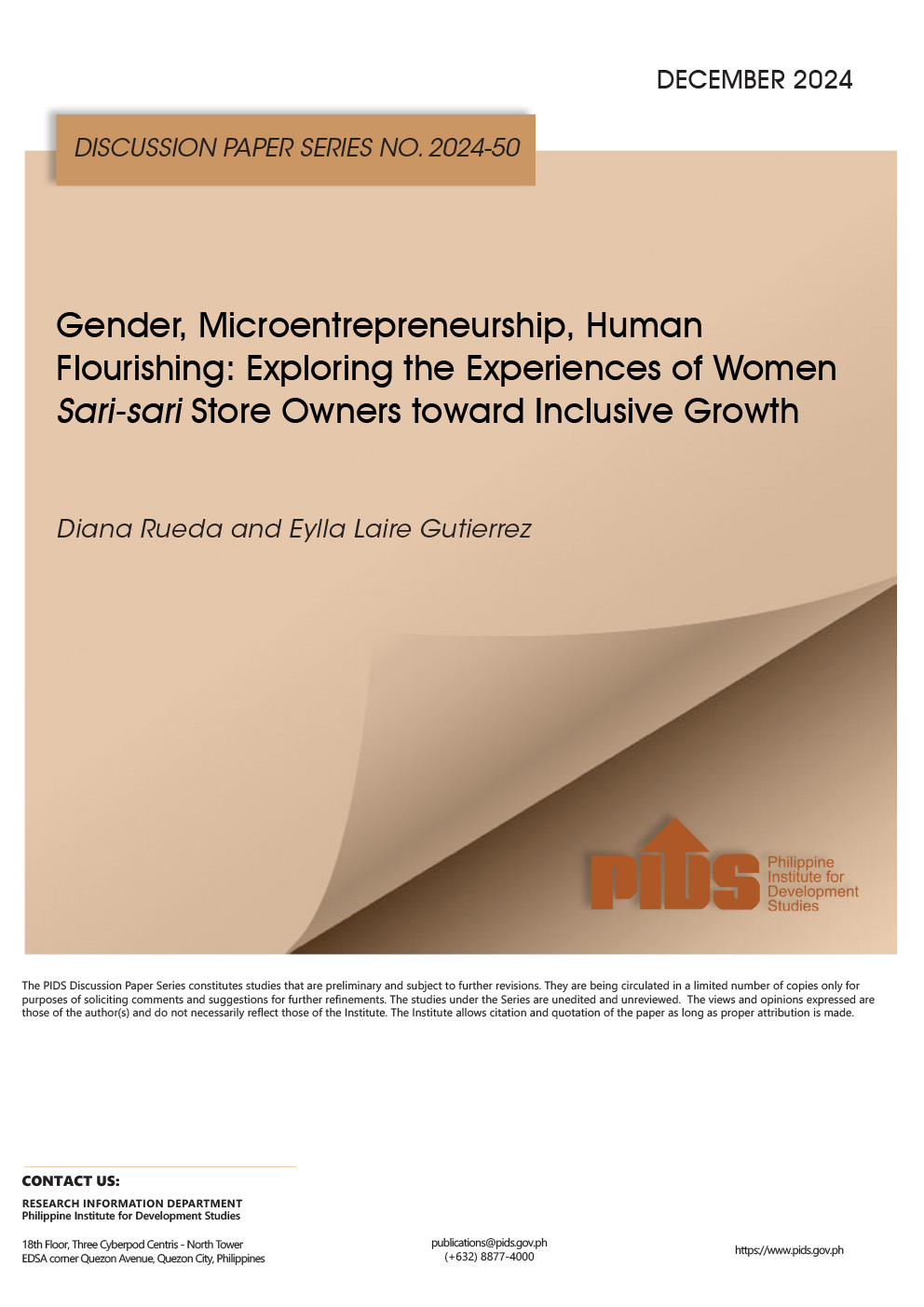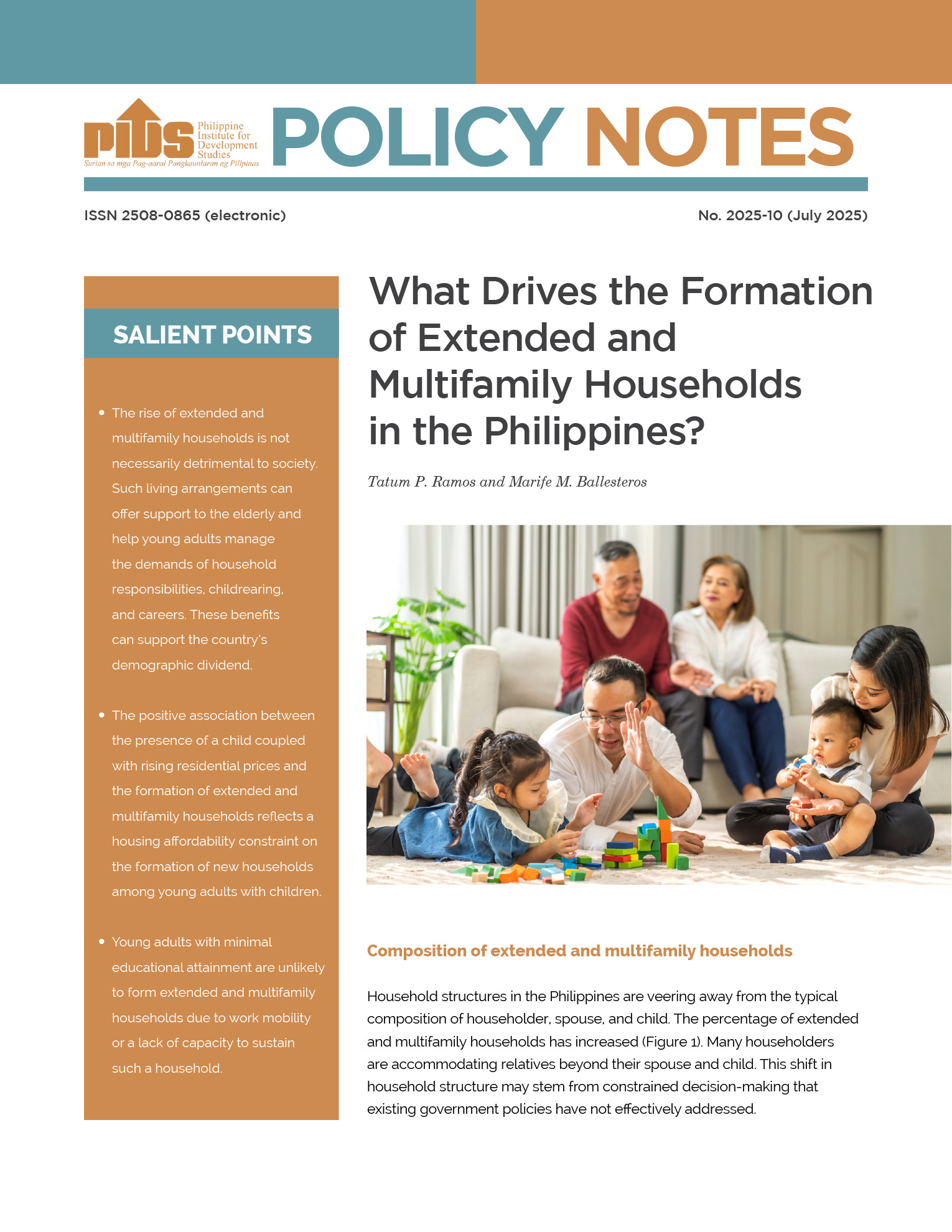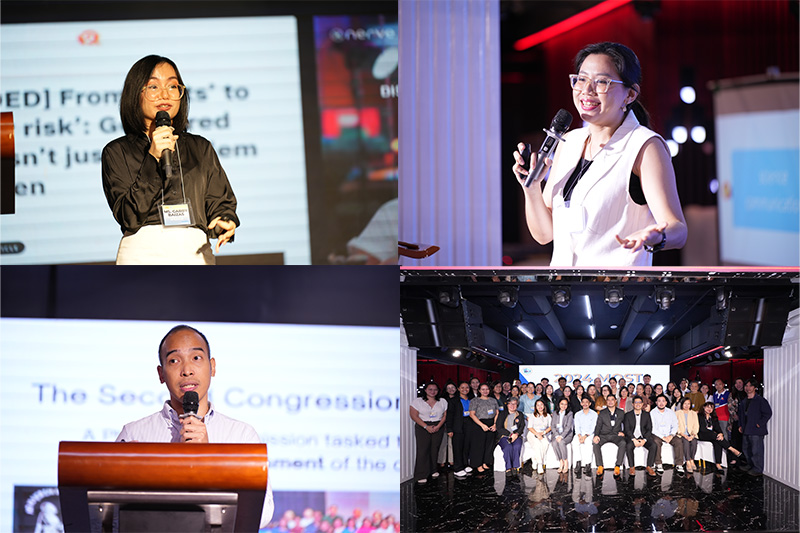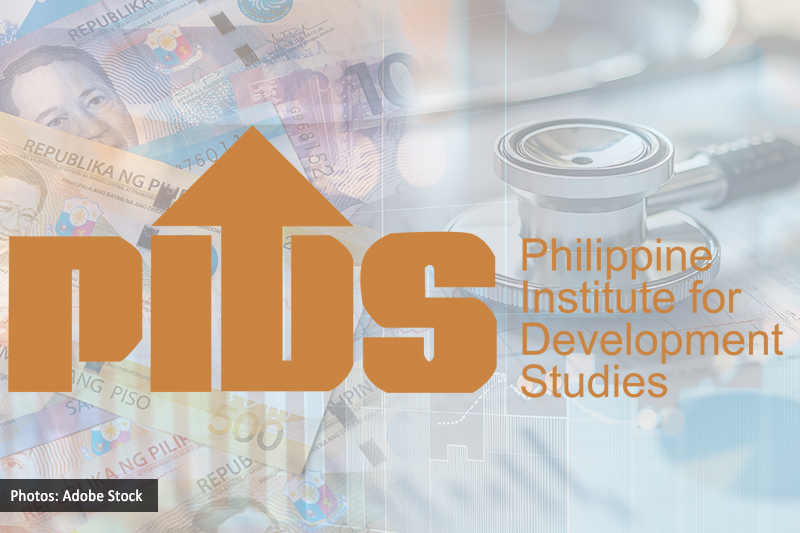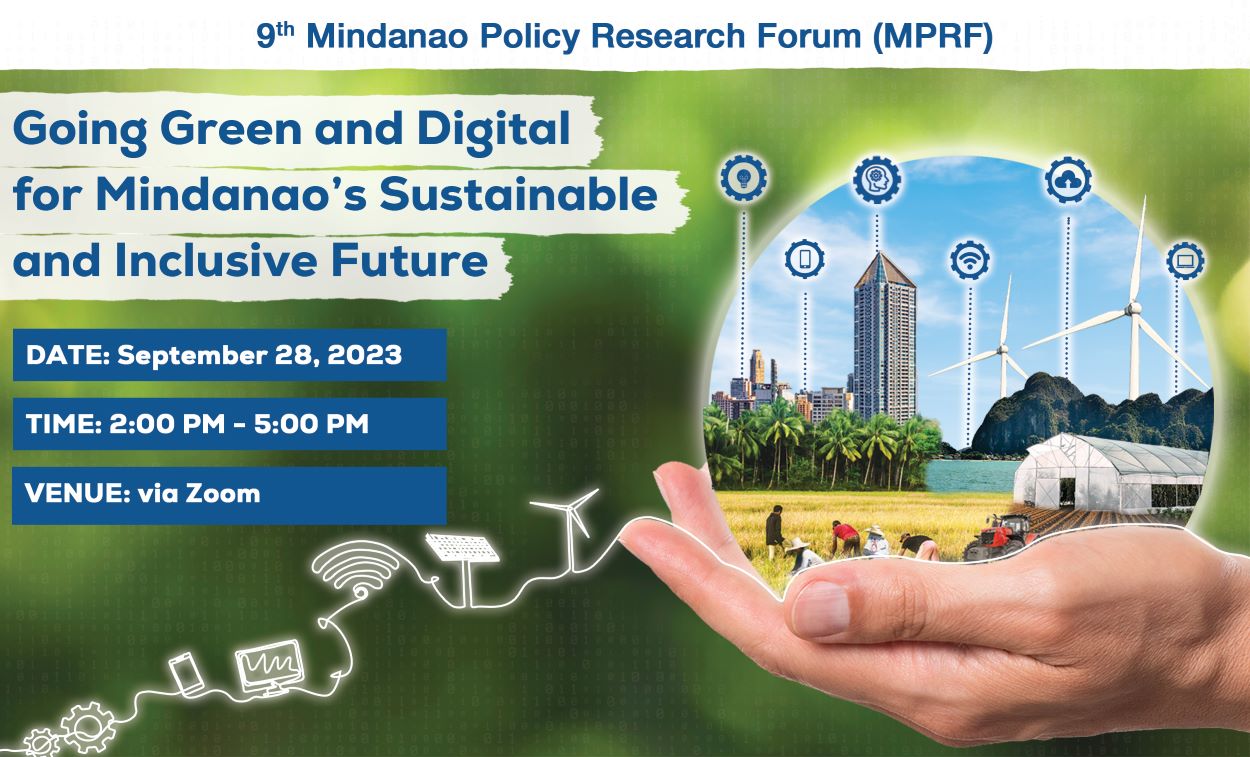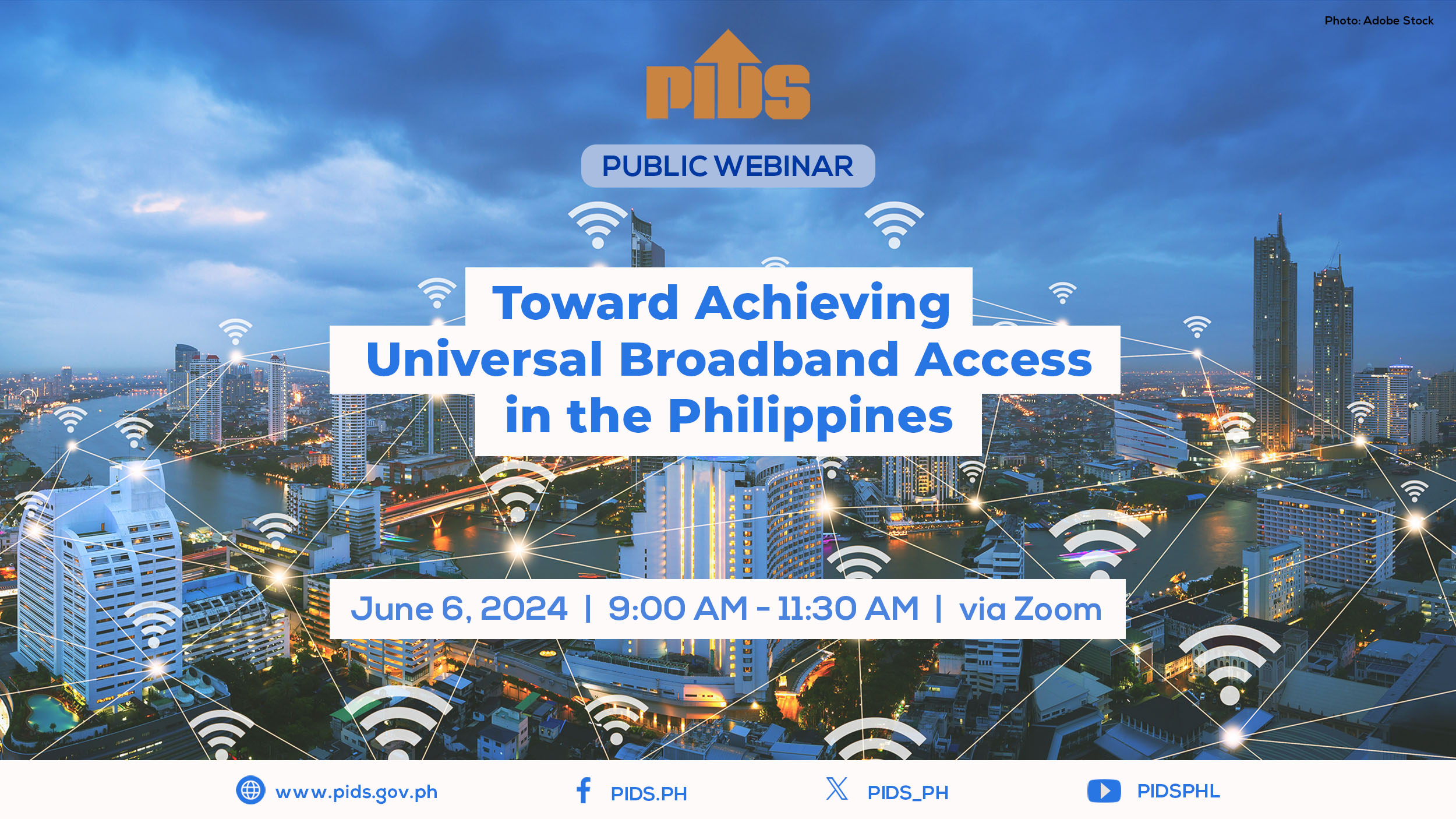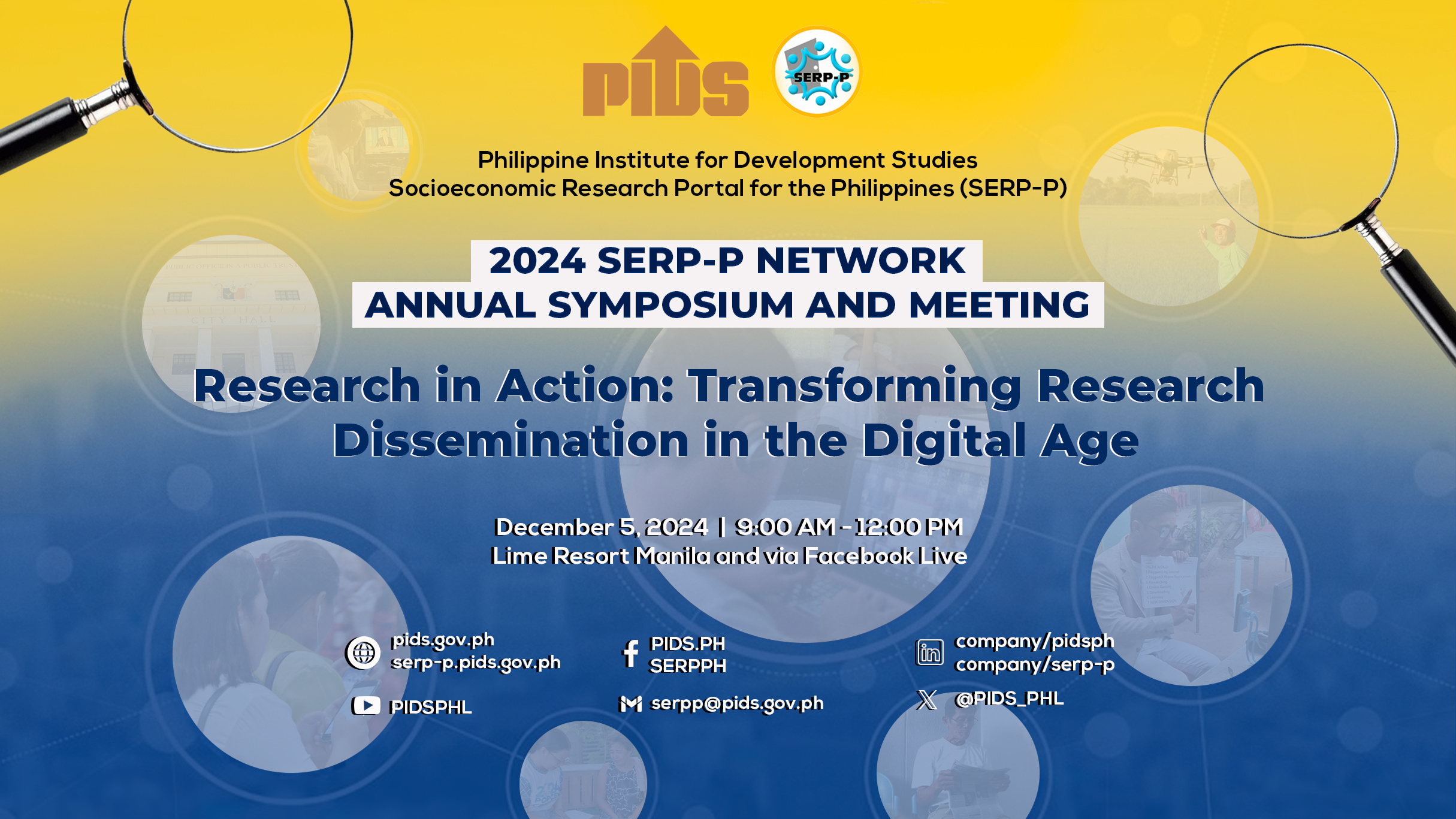The impact of the Covid-19 pandemic has spurred the momentum to use digital platforms in the Philippines, but the government must take the lead, in consultation with the private sector, to resolve major challenges toward digital readiness, according to experts.
In a webinar tackling digital readiness, the experts agreed that there is no going back in the push toward digitalization, an unexpected outcome of the Covid-19 pandemic that has seen people turning to digital platforms amid lockdowns and social distancing rules.
Monchito Ibrahim, chairman of the Industry Development Committee of the Analytics Association of the Philippines, said that with the virus outbreak, the country has gone beyond the “tipping point” and can no longer go back to the traditional ways of doing business.
“People will actually start using digital platforms,” Ibrahim predicted, recalling how people years ago similarly also found using automated teller machines (ATMs) hard but eventually grew accustomed to it out of necessity.
The challenge with digital platforms, as with ATMs earlier on, he said, is a matter of security-people’s fear of losing money online, which can be addressed “by establishing the digital identity of everyone.”
Ibrahim said a national ID system would help make it easier for people to open digital accounts and banks to comply with regulations. He also said it should be a whole-of-government move, but while government must take the helm in making the country digitally ready, the campaign also has to take a “multilateral and multi-stakeholder approach.”
At the same webinar hosted by the Asian Institute of Management, Jose Ramon Albert, senior research fellow at the Philippine Institute for Development Studies, pointed out that at present only the Bangko Sentral ng Pilipinas is encouraging people to go digital.
“I don’t see this happening across the entire bureaucracy,” he said, adding that other agencies should also work to convince people to use technology.
Albert also said regulators must start recognizing that the times have changed and “a new normal” is in place. He also observed that regulations are long outdated and need to be reviewed and updated. Not only that, “government processes continue to be unprepared for digitalization happening.”
As an example, Albert noted that despite an e-commerce law passed two decades ago, government agencies are still not allowed to use electronic signatures. Moreover, most of the time, new regulations are being passed that only make doing business more difficult, he added.
The “digital divide” is another challenge to digitalization that needs to be addressed, Ibrahim said. Ibrahim, former undersecretary at the Department of Information and Communications Technology, said that almost 30 million Filipinos still don’t have access to digital platforms.
Albert added that only 70 percent of the adult population has Facebook and cited a new survey suggesting that only about 20 percent of Filipino households have Internet access.
This means that “people are probably going to the Internet by buying loads [to put] on their cell phones, or they’re accessing through the office, accessing somewhere else, maybe free Wi-fi, free Facebook,” he said.
For his part, Eugene Acevedo, president and chief executive officer of RCBC, said Covid-19 has somehow accelerated the digital transformation of the country and he believes the Philippines will “catch up” to others that are more digitally prepared.
He said there are now mobile apps that allow people to do things that they were unable to do before in terms of online banking transactions.
“Banks now have become more responsive because there’s clamor for these services,” Acevedo said. For instance, he said, the number of new users of Instapay for the whole banking sector was “in hundreds of thousands” and this was only in March when the quarantine period started.
“The momentum is very strong. People are convinced that [digitalization] is the solution,” Acevedo said.
In a webinar tackling digital readiness, the experts agreed that there is no going back in the push toward digitalization, an unexpected outcome of the Covid-19 pandemic that has seen people turning to digital platforms amid lockdowns and social distancing rules.
Monchito Ibrahim, chairman of the Industry Development Committee of the Analytics Association of the Philippines, said that with the virus outbreak, the country has gone beyond the “tipping point” and can no longer go back to the traditional ways of doing business.
“People will actually start using digital platforms,” Ibrahim predicted, recalling how people years ago similarly also found using automated teller machines (ATMs) hard but eventually grew accustomed to it out of necessity.
The challenge with digital platforms, as with ATMs earlier on, he said, is a matter of security-people’s fear of losing money online, which can be addressed “by establishing the digital identity of everyone.”
Ibrahim said a national ID system would help make it easier for people to open digital accounts and banks to comply with regulations. He also said it should be a whole-of-government move, but while government must take the helm in making the country digitally ready, the campaign also has to take a “multilateral and multi-stakeholder approach.”
At the same webinar hosted by the Asian Institute of Management, Jose Ramon Albert, senior research fellow at the Philippine Institute for Development Studies, pointed out that at present only the Bangko Sentral ng Pilipinas is encouraging people to go digital.
“I don’t see this happening across the entire bureaucracy,” he said, adding that other agencies should also work to convince people to use technology.
Albert also said regulators must start recognizing that the times have changed and “a new normal” is in place. He also observed that regulations are long outdated and need to be reviewed and updated. Not only that, “government processes continue to be unprepared for digitalization happening.”
As an example, Albert noted that despite an e-commerce law passed two decades ago, government agencies are still not allowed to use electronic signatures. Moreover, most of the time, new regulations are being passed that only make doing business more difficult, he added.
The “digital divide” is another challenge to digitalization that needs to be addressed, Ibrahim said. Ibrahim, former undersecretary at the Department of Information and Communications Technology, said that almost 30 million Filipinos still don’t have access to digital platforms.
Albert added that only 70 percent of the adult population has Facebook and cited a new survey suggesting that only about 20 percent of Filipino households have Internet access.
This means that “people are probably going to the Internet by buying loads [to put] on their cell phones, or they’re accessing through the office, accessing somewhere else, maybe free Wi-fi, free Facebook,” he said.
For his part, Eugene Acevedo, president and chief executive officer of RCBC, said Covid-19 has somehow accelerated the digital transformation of the country and he believes the Philippines will “catch up” to others that are more digitally prepared.
He said there are now mobile apps that allow people to do things that they were unable to do before in terms of online banking transactions.
“Banks now have become more responsive because there’s clamor for these services,” Acevedo said. For instance, he said, the number of new users of Instapay for the whole banking sector was “in hundreds of thousands” and this was only in March when the quarantine period started.
“The momentum is very strong. People are convinced that [digitalization] is the solution,” Acevedo said.

